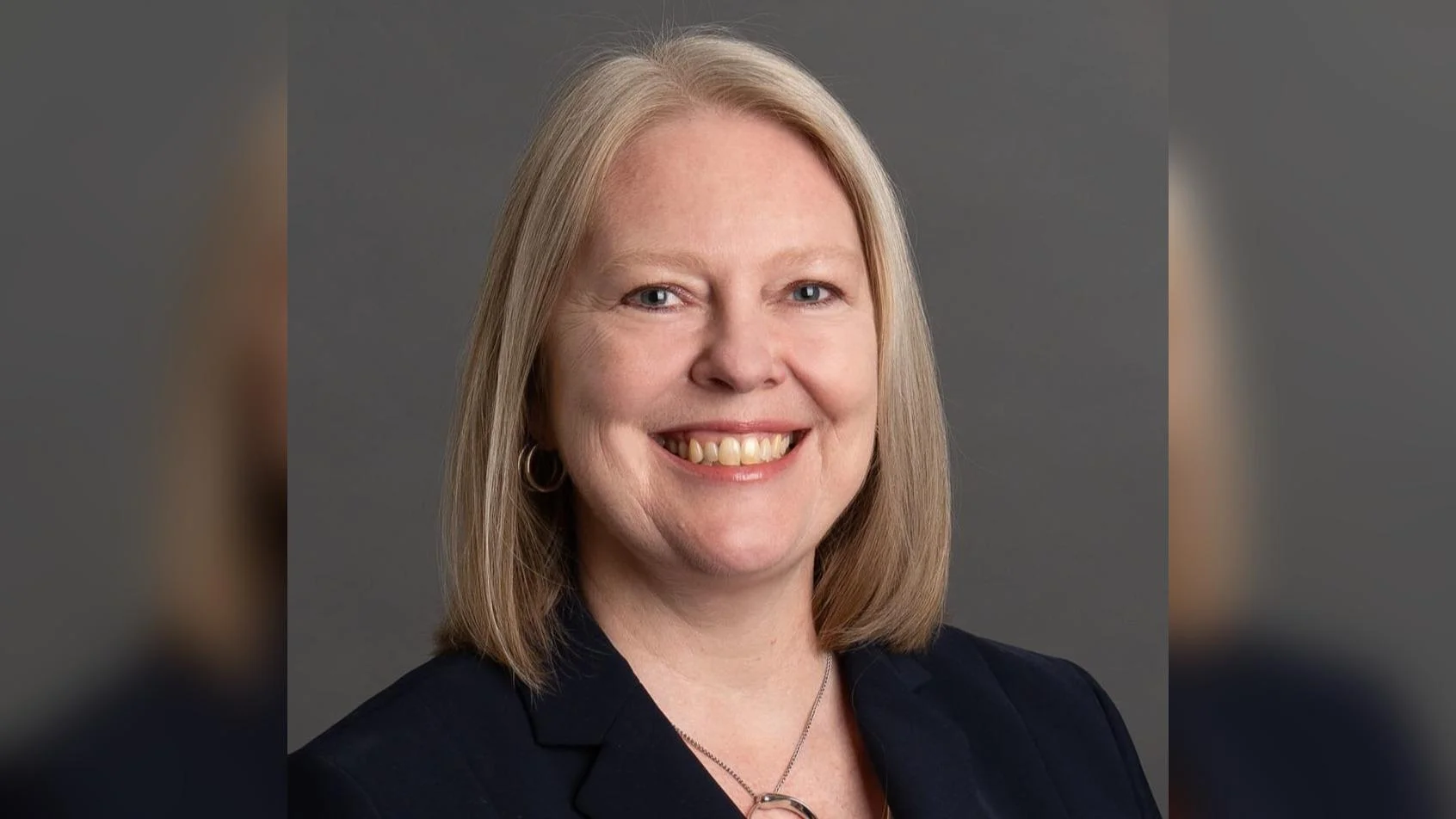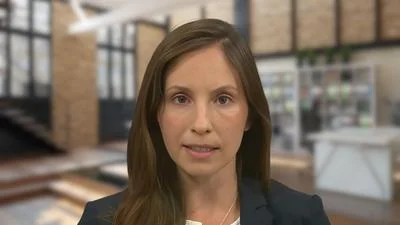Katrina Lambrecht Chief Administrative Officer | U. of Wisconsin Hospital and Clinics
Katrina Lambrecht Chief Administrative Officer | U. of Wisconsin Hospital and Clinics
Tobacco use remains a significant health concern in the United States, particularly for individuals diagnosed with cancer. Despite the challenges of quitting, research indicates that stopping tobacco use after a cancer diagnosis can lead to better outcomes, including improved quality of life and longer survival.
In response to this issue, the National Cancer Institute launched the Cancer Center Cessation Initiative (C3I) in 2017. This initiative is coordinated by UW Health | Carbone Cancer Center and UW Center for Tobacco Research and Intervention. Its goal is to transform how cancer centers across the country assist patients in quitting tobacco.
“Even after a cancer diagnosis, it is never too late to stop smoking,” stated Danielle McCarthy, PhD, psychologist and principal investigator of the C3I Coordinating Center. She emphasized that tobacco treatment should be considered an essential part of cancer care alongside surgery, radiation, and chemotherapy.
Before C3I's establishment, many cancer care systems lacked comprehensive tobacco treatment programs. The National Cancer Institute selected the UW Center for Tobacco Research and Intervention to coordinate efforts to build sustainable programs in NCI-designated comprehensive cancer centers.
“There are probably about 20 million people who actively want to quit using tobacco right now in the United States,” McCarthy noted. “Cancer care delivery systems do not typically incorporate evidence-based smoking treatment that comprises both medication and a form of counseling.”
Since its inception, C3I has collaborated with 52 NCI-designated comprehensive cancer centers to integrate tobacco treatment into their services. This collaboration has connected over 100,000 tobacco users with evidence-based resources.
The initiative also provides tools and best practices through its Tobacco Treatment Roadmap to help implement these treatments across various clinical settings. “We’ve learned that if you systematically offer tobacco treatment to every patient who uses tobacco, you improve access for all patients,” McCarthy said.
Looking ahead, sustainability remains a focus as C3I works with centers to expand access despite funding and staffing challenges. “The onus of making this change is not on the individual who has had 40 years of addiction,” McCarthy explained. “It’s on us as a community... That’s what inspires me–that’s why I love this work.”






 Alerts Sign-up
Alerts Sign-up